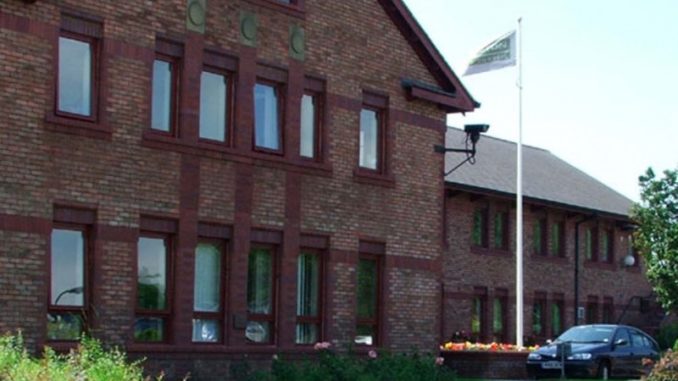
A district councillor has been cleared of an allegation he breached the authority’s code of conduct.
He had been accused of failing to comply with the code by incorrectly completing forms which record Hambleton councillors interests in businesses.
A Standard Committee hearing last week (August 15) concluded that David Webster had completed his ‘register of interests’ form correctly.
He had told the panel that he had included information over and above that needed in order that his interests were transparent.
A spokesperson for the council confirmed the panel said that because the form may appear ambiguous to members and the public, a review should be carried out to ensure clarity on the types of interests that must be registered.
A similar allegation against the Leader of the Council, Councillor Mark Robson was dismissed by the council’s Independent Person and Monitoring Officer prior to this hearing.
The hearing took place after a campaigner lodged a series of questions regarding the two councillors, who are both members of the authority’s cabinet.
Newby Wiske resident Carol Bowe, who has campaigned against the authority granting planning permission to children’s holidays firm PGL to transform Newby Wiske Hall, asked the council’s most senior officer, chief executive Dr Justin Ives, to investigate days after the council’s planning committee passed the PGL scheme for a second time.
After councillors, including Cllr Webster, voted nine to two in favour of the scheme some Newby Wiske campaigners said they felt the elected members had failed to take account of the strength and volume of opposition to the scheme and vowed to continue battling the plan.
Mrs Bowe said her questions about the declarations of the council’s portfolio holder for planning Cllr Webster related to the Localism Act 2011 and the period from May 2015 to May this year.
She added her queries also regarded a declaration by Cllr Robson in 2017 about property.
The Coalition Government introduced the Localism Act 2011, which abolished the previous ethical framework for councils and replaced it with a duty for local authority’s to adopt a new code with no powers to suspend members for misconduct.
The Government said it should be the responsibility of the electorate to determine who represents them.
However, all elected councillors have to abide by a code of conduct, part of which requires them to declare any interests which they have which could be seen to influence any decisions they may make as councillors.
The local authority is required to publish the declarations.
Council members are required to register certain interests in order to ensure public confidence in the probity of the council, maintain the accountability of its members and maintain transparency of local government decision-making.
The legislation states councils have a duty to promote and maintain high standards of conduct and are required to adopt a code of conduct and standards of conduct arrangements within which members must operate, backed up by arrangements to deal with allegations of misconduct.
There is no suggestion that Hambleton District Council’s audit, governance and standards committee, which covers member probity, had been asked to consider any councillors’ declaration on the Register of Interests.


Be the first to comment